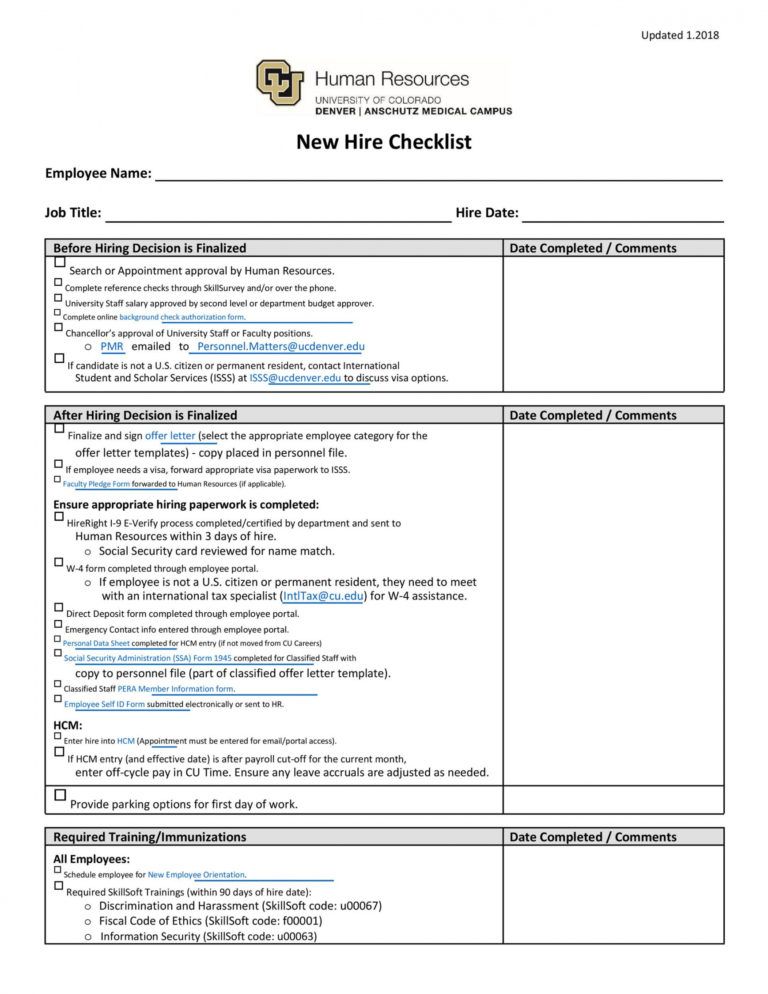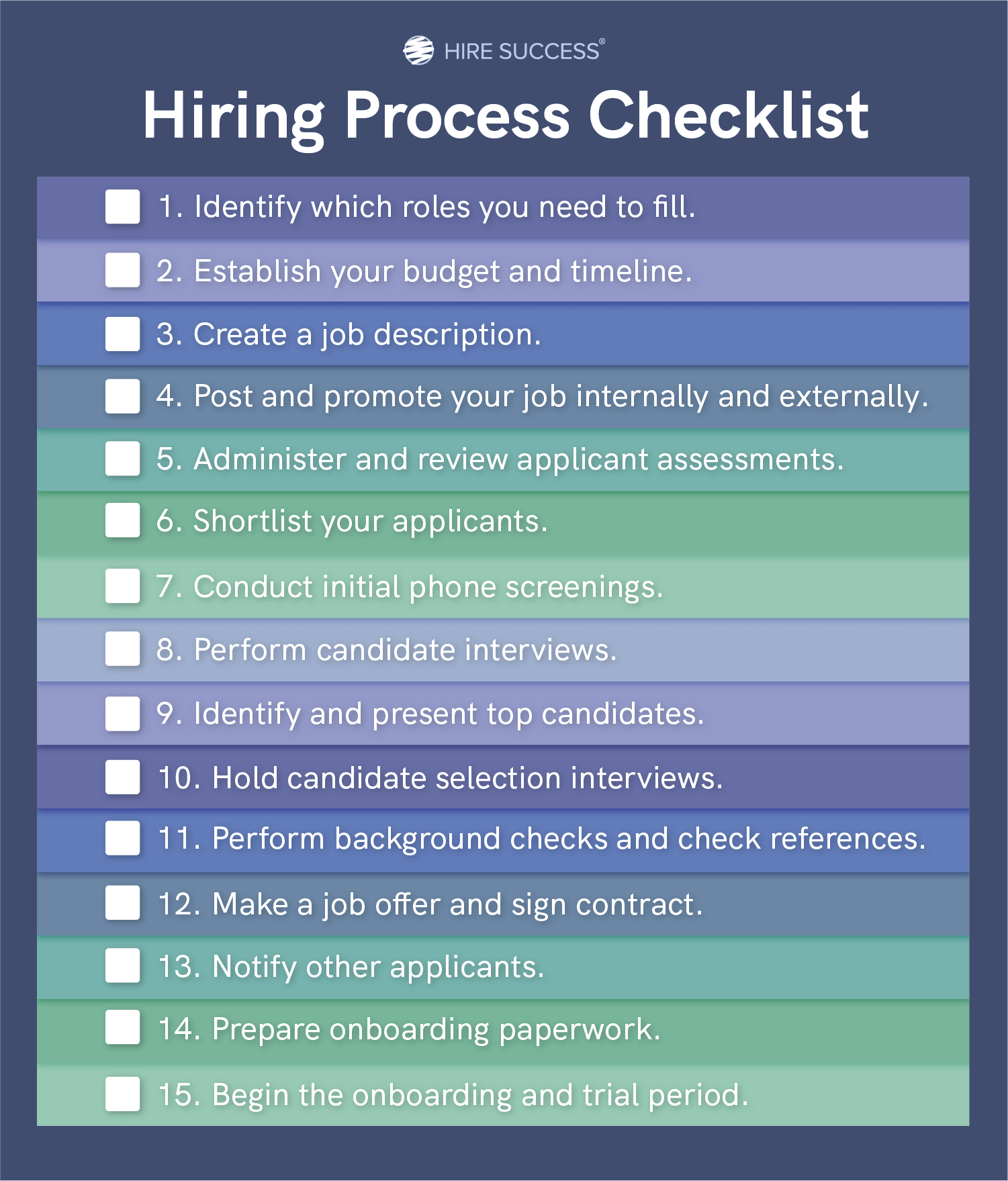Essential Paperwork for Job Applications: A Checklist

Preparing for a job application can feel like preparing for a marathon. The application process requires a strategic approach to ensure you present the best version of your professional self. Among the many tasks at hand, one crucial step is to gather all necessary paperwork. Each document plays a pivotal role in conveying your qualifications, experiences, and eligibility. This comprehensive guide outlines the essential paperwork for job applications, providing you with a checklist to streamline your preparation.
Resume or CV

Your resume or curriculum vitae (CV) is typically the first document an employer reviews. Here’s how to ensure it stands out:
- Choose a professional format that highlights your relevant experience and skills.
- Tailor your resume for each job application, incorporating keywords from the job description.
- Include accurate contact information, a concise objective or summary, work history, education, and any relevant certifications or licenses.
- Maintain clarity, simplicity, and error-free content. Proofread meticulously.

Cover Letter

While not always required, a cover letter can significantly boost your application:
- Introduce yourself and explain why you are interested in the position.
- Connect your skills and experiences to the job requirements, showing how you’re the ideal candidate.
- Be professional yet personable, addressing any gaps in employment or career changes, if necessary.
- Keep it concise, ideally under one page.
References

Having a list of references can be beneficial, especially when requested by the employer:
- Select professional contacts who can vouch for your work ethic, skills, and reliability.
- Obtain their permission before listing them. Provide their name, job title, company, and contact information.
- Optionally, include a brief statement about how you know the reference.
📝 Note: Always inform your references that they might be contacted by a prospective employer to avoid any surprise calls.
Portfolio or Work Samples

For creative professionals or roles where your work product speaks volumes:
- Compile a selection of your best work relevant to the job you’re applying for.
- Organize samples neatly in a physical or digital portfolio. If digital, ensure easy access and navigation.
- Include any awards, recognitions, or projects that showcase your impact in your field.
💡 Note: Make sure your portfolio is up-to-date and reflects current design trends or industry standards.
Educational Transcripts or Certificates

Some employers may require:
- Official or unofficial transcripts from your educational institutions.
- Certificates or diplomas to prove completed education or training.
- If applicable, documentation of any continuing education, workshops, or conferences attended.
Proof of Identity and Eligibility

This includes documents like:
- A valid ID (passport, driver’s license, national ID card).
- Proof of legal work status (work visa, citizenship document, social security card).
⚠️ Note: Be cautious about what personal information you share before being offered the job. Many countries have strict privacy laws regarding personal data.
Professional Licenses or Certifications

Where applicable, bring:
- Licenses or certifications necessary for the job, e.g., for engineers, doctors, teachers, etc.
- Any ongoing professional development courses or accreditations.
Background Check Consent

Some companies might require you to:
- Fill out consent forms for criminal background checks or credit checks.
- Provide your social security number or equivalent for verification purposes.
Letters of Recommendation

These can come from:
- Previous employers, mentors, or academic supervisors who can speak to your abilities and character.
- Choose recommenders who are known for their reputation or relevance to the job applied for.
Optional but Beneficial Documents

Consider including:
- Awards or accolades related to your profession.
- Transcripts of online courses or webinars.
- Publications or press mentions, especially if they demonstrate your expertise.
Collecting the necessary documents for job applications is not just about compliance but about presenting your qualifications comprehensively and strategically. Each piece of paperwork tells a part of your professional story. The effort you put into preparing these documents signals to employers your dedication and preparedness. Remember, consistency across all documents, a tailored approach for each application, and timely submission can make all the difference. By having these essentials ready, you reduce the stress of last-minute scrambling, giving yourself an edge in a competitive job market.
Should I include all past work experiences on my resume?

+
Not necessarily. Focus on experiences relevant to the job you’re applying for. If you have extensive experience, consider summarizing earlier roles or mentioning only the most recent and pertinent jobs.
Is a cover letter always required for a job application?

+
No, but it’s highly recommended when not explicitly stated otherwise. A well-written cover letter can set you apart from other candidates by allowing you to explain your fit for the role.
How do I handle references when I’ve never had a professional job?

+
Use academic references from professors, internship supervisors, or even volunteer coordinators. These can provide insight into your work ethic and capabilities.



